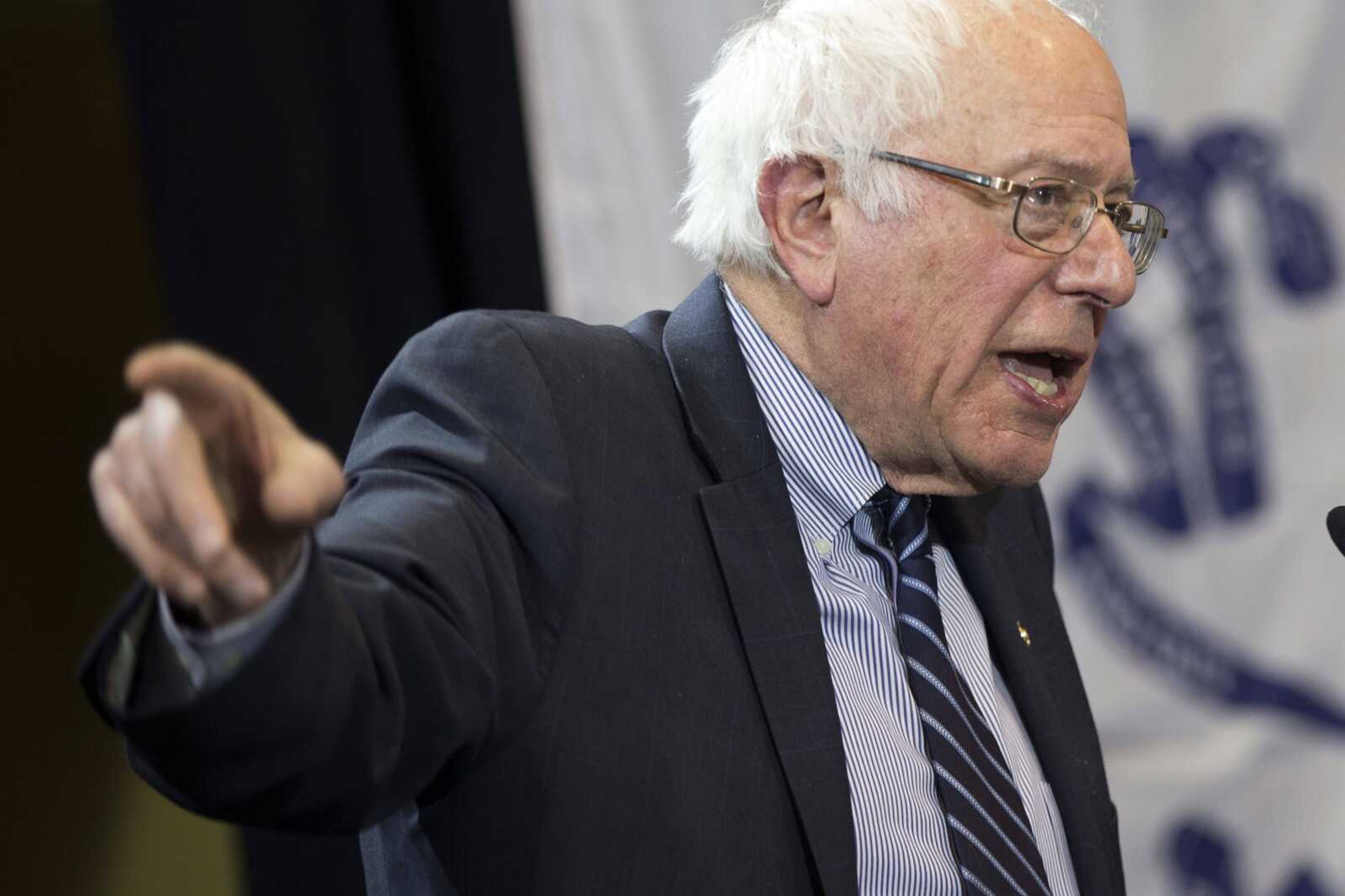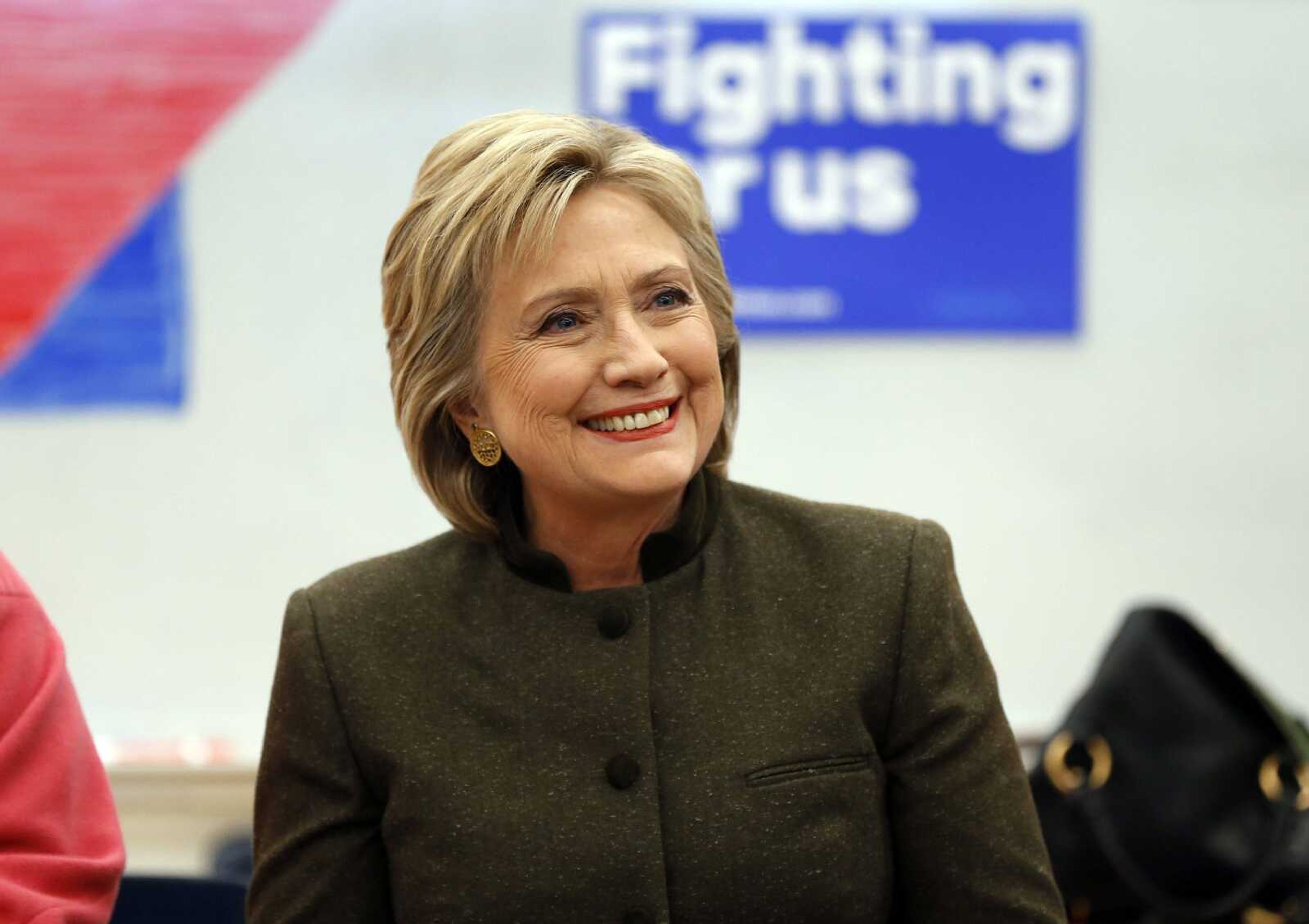Clinton's firewall? Black voters the key in South Carolina
COLUMBIA, S.C. -- At Hillary Clinton's South Carolina headquarters, a young staffer readies a stack of pictures showing the former secretary of state with her old boss, President Barack Obama. Then the staffer bolts out the door. His destination: African-American businesses across South Carolina's largest city...
COLUMBIA, S.C. -- At Hillary Clinton's South Carolina headquarters, a young staffer readies a stack of pictures showing the former secretary of state with her old boss, President Barack Obama. Then the staffer bolts out the door.
His destination: African-American businesses across South Carolina's largest city.
"If you don't have tape, I'll bring some to you," Brandon Lewis offers to business owner Catherine Kelly, who has said she'll hang the photo in her beauty shop.
"I've already got a picture of Obama," Kelly tells him. She assures him: "We're with Hillary."
Black voters represent a solid majority of the Democratic electorate in South Carolina -- and could make all the difference in the state's Feb. 27 primary. A new NBC News-Wall Street Journal-Marist poll shows Clinton with 64 percent of South Carolina's likely Democratic votes, while her rival, Vermont Sen. Bernie Sanders, has 27 percent. Clinton leads in all demographics, but her 74-17 advantage among South Carolina's black voters explains her overall 37-point margin.

Sanders isn't conceding. Across town, teams of his staffers are going door-to-door in predominantly black neighborhoods. The senator has visited college campuses with mostly African-American student bodies. African-American radio stations are filled with ads touting his record on civil rights and his promise to overhaul a criminal-justice system he says disproportionately targets black men.
Both campaigns acknowledge South Carolina could be crucial in shaping the fight for the Democratic nomination. Even if Sanders builds momentum with wins in the overwhelmingly white states of Iowa and New Hampshire, that lead could evaporate quickly if he can't attract more black voters in South Carolina and the bulk of southern states voting in March.
This is Clinton's firewall, and Sanders' campaign is trying to break it down.
Sanders offers "many ideas that appeal across the spectrum," said South Carolina Democratic chairman Jaime Harrison, who is black. Harrison noted the senator's emphasis on economic inequality and systemic racism.
"But he has to make that real to African-American voters on the ground," Harrison said. "For most folks, Wall Street is as foreign as Moscow."
Connect with the Southeast Missourian Newsroom:
For corrections to this story or other insights for the editor, click here. To submit a letter to the editor, click here. To learn about the Southeast Missourian’s AI Policy, click here.










